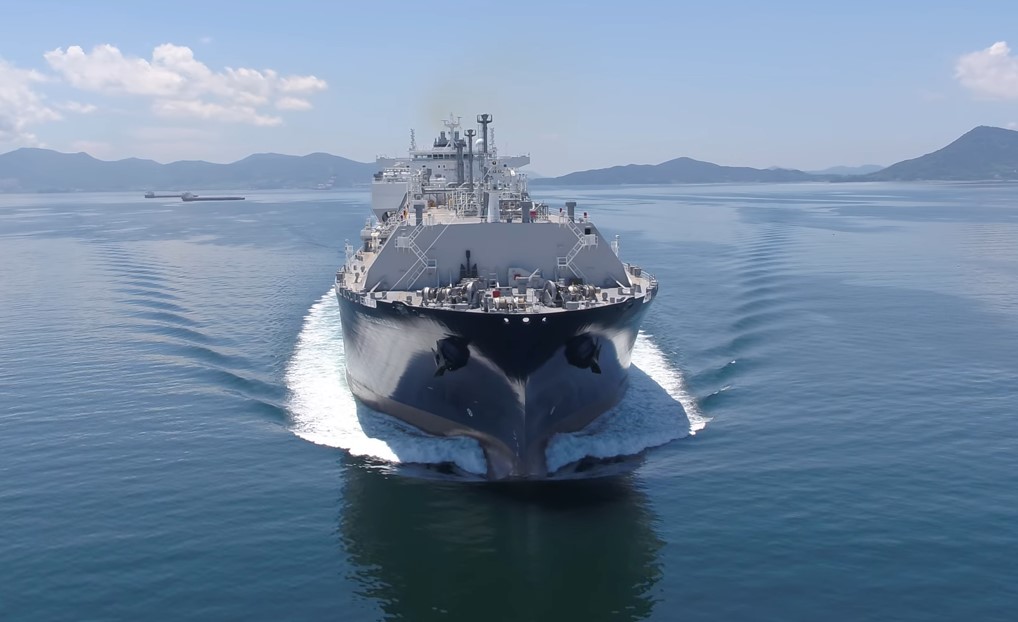This story requires a subscription
This includes a single user license.
GasLog announced the deal in a statement this week but did not disclose the financial details.
According to GasLog, the transaction is expected to close in the fourth quarter of 2024, subject to regulatory approvals and customary closing conditions.
Blenheim Holdings, which is wholly owned by the Livanos family, and the Onassis Foundation will maintain their respective shareholdings of about 55 percent in GasLog.
In 2021, BlackRock’s Global Energy & Power Infrastructure Fund entered into a merger deal with Peter Livanos-led GasLog, taking the NYSE-listed LNG shipping firm private.
BlackRock paid $5.8 per share in cash to get about 45 percent of shares in GasLog.
“GasLog has enjoyed an excellent partnership with BlackRock since 2021 and during this period has continued to build a world-class fleet of modern LNG carriers serving some of the world’s leading energy players,” Peter Livanos, chairman of GasLog, said.
He said GIC has a “track record of success in supporting energy infrastructure businesses, further enhancing GasLog’s core strengths and capital flexibility.”
“Their global reach will also be a benefit to us as we pursue attractive growth opportunities in the future,” Livanos said.
GasLog recently took delivery of a new LNG carrier from Hanwha Ocean in South Korea.
This followed the successful delivery of its sister vessel, GasLog Italy.
GasLog ordered these vessels and two other 174,000-cbm LNG carriers at Hanwha Ocean in December 2021.
According to GasLog, the fleets of both GasLog and GasLog Partners consist of 36 LNG carriers, with two vessels under construction.
GasLog also has a 20 percent share of the recently launched Alexandroupolis FSRU.

